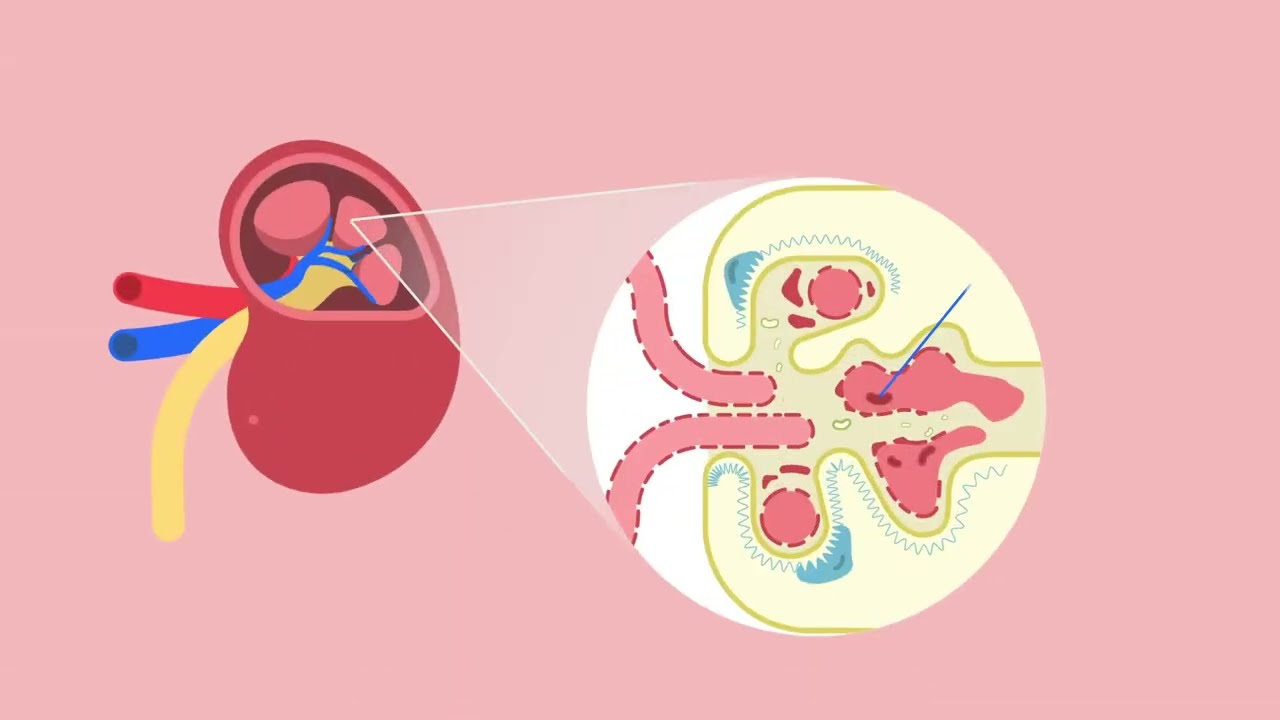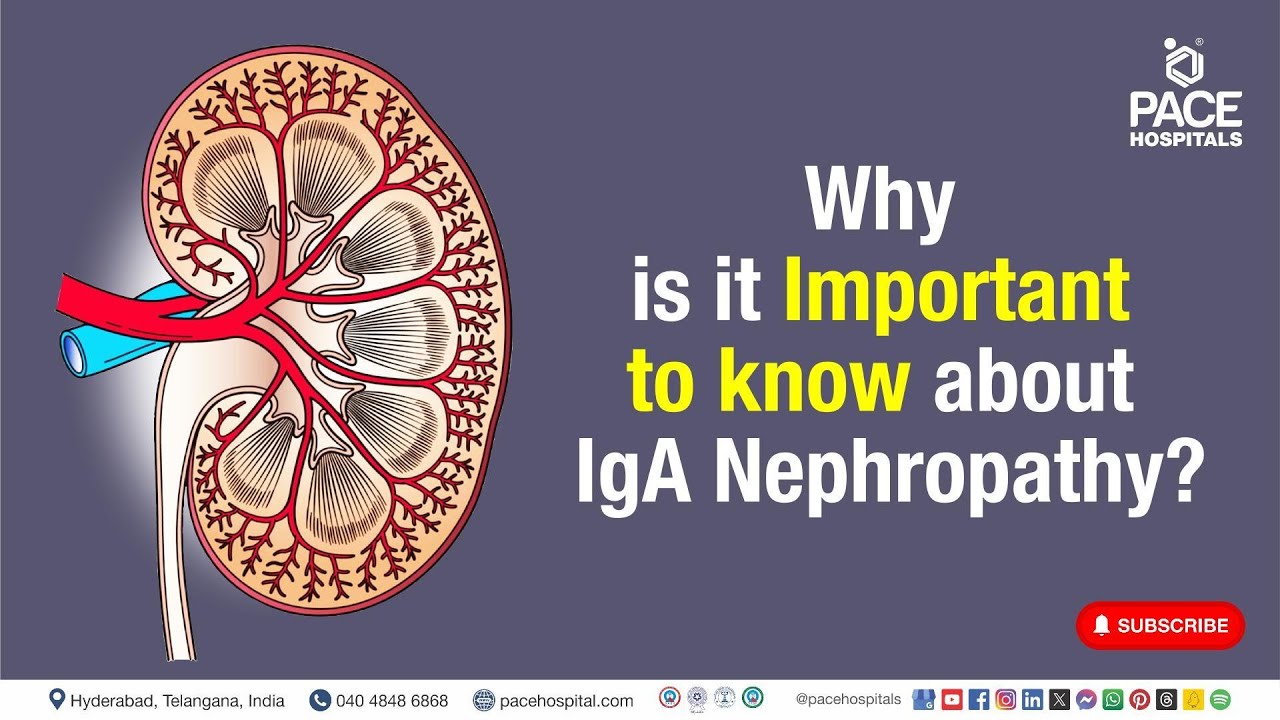The Kidney Disease Content Hub Channel
The kidneys, located on either side of the spinal column, are responsible for filtering metabolic wastes, fluids, and electrolytes from the blood, stimulating red blood cell production, and regulating blood pressure. The kidneys are composed of renal lobes and nephrons, which are the functional units where blood filtration occurs. Acute renal failure is the sudden loss of the kidney’s ability to remove waste and concentrate urine, caused by compromised blood flow to the kidneys or damage to the nephrons. Treatment depends on the cause and may include maintaining blood fluid volume, hemodialysis, or surgical removal of kidney tract obstructions. Chronic renal failure is the gradual loss of kidney function due to systemic diseases or kidney diseases. Treatment includes dietary control, medication for the underlying condition, and electrolyte modifiers. End-stage renal failure usually requires dialysis and kidney transplantation.






